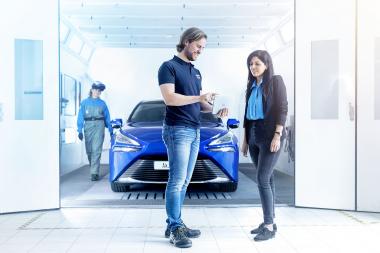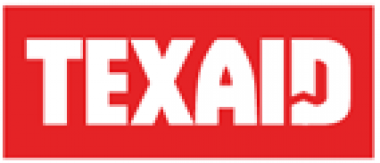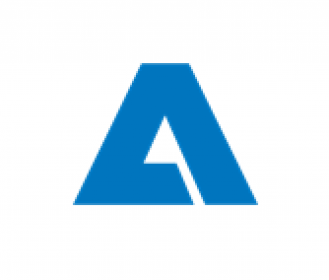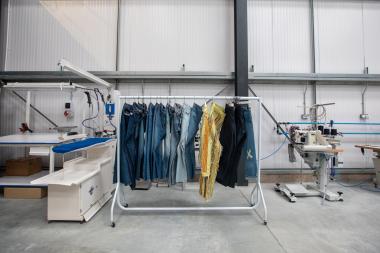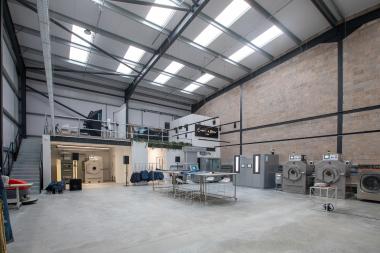CHT Group publishes Sustainability Report 2021
The focus is on personnel development, energy and water consumption as well as company-wide emissions and waste behavior. CHT highlights in this report the group-wide projects for climate protection as well as the sustainable products and solutions. The report has been prepared in accordance with the GRI standards of the Global Reporting Initiative (GRI) based on the core option.
With the "Green Deal", the EU Commission is pursuing ambitious climate targets, in the implementation of which the CHT Group is actively involved as part of the VCI initiative "chemistry4climate".
The Group's goal is to become climate-neutral by 2045. To underpin this ambitious target, at the end of 2021 the CHT Group signed up to the Science Based Targets Initiative (SBTi) to meet the goals of the Paris Climate Agreement and committed to the 1.5°C target.
For 2021, the first carbon footprint (Scope 1+2) was prepared for the CHT Group, which now serves as the basis for greenhouse gas emissions reduction targets.
65% of the CHT Group's sales in 2021 were generated with sustainable products. For this, over 88% of the strategic raw material volume was sourced from suppliers classified as sustainable.
Moreover, interesting are the concepts and optimally matched auxiliaries with which energy and resource savings can be implemented for various textile application fields. They vividly and exemplarily demonstrate the efforts to achieve the company's own sustainable and strategic goals, which are derived from the United Nations Development Goals (SDGs).
CHT Group











